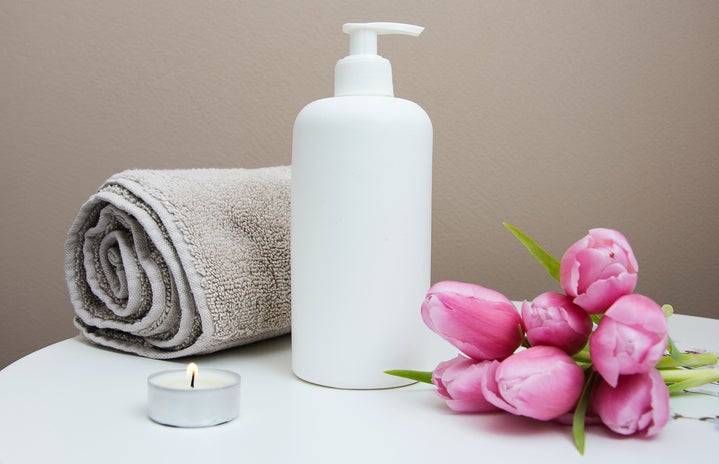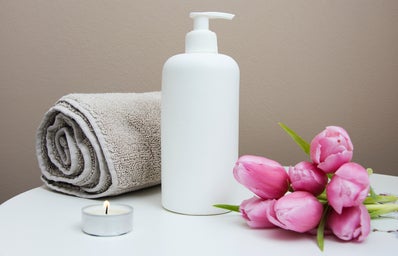Over the course of our lives, we all succumb to what the media tells us is right or wrong. As women, we grow up believing that we should be thin and not eat a lot. The media also leads us to believe that the route to losing weight should be very fast and that losing weight means more confidence. This causes women of any age, especially young women, to criticize themselves for every aspect of their body, leaving nothing left for them to love.
During Mental Health Awareness Week, H.O.P.E put on a special program that promoted ‘Body Love’ in its truest and simplest meaning. As I sat through this program, the first thing I noticed about this issue was that I wasn’t alone. The many people that filled the auditorium faced varying issues that had the same core root problem as mine: we lacked in love for our body. The point of ‘Body Love’ was to help everyone realize there is no right or wrong; there is no standard. As one audience member put it, body love is how we feel about ourselves, feeling comfortable in our skin, and our own personal opinion of ourselves. It also means being confident and proud about what we see staring back at us in the mirror. Most importantly, it means taking care of our bodies, both inside and out.
As an audience, we were offered different ways we could improve our personal love for our bodies. One important aspect is diversifying your media news feed. From the time we’re about one or two years old, we are constantly being influenced by some sort of media. In diversifying this intake of media, we need to become aware of what doesn’t support Body Love. Magazine covers that focus a lot on “getting fit fast” or a “quick way to lose that unwanted cellulite” are not good types of media to focus our attention on. That doesn’t mean completely cutting out the influence of negative media, because that is kind of impossible. The media will always influence us. Instead what we should do is understand that articles like that are more of a marketing strategy than anything worthwhile.
Another way to improve our body love is conversational awareness. We have all been in the situation where we’re talking to someone and then we just say, “I really need to lose weight” or “I don’t like my [insert body part here].” But conversational awareness aims to cut those sentences and thoughts out of our daily lives. It is healthier if we talk positively about our bodies and compliment ourselves more. For one reason, if we’re constantly putting ourselves down, that’s just an open door for others to put us down as well. Another reason for being aware in conversations and to talk positively is that we could unknowingly be showing someone who is struggling with their image that it’s okay to talk about ourselves in a positive light.
They shared with us that 58% of college-age girls feel pressured to be a certain weight and specifically at William and Mary, 20% found their body appearance to be “traumatizing” and 20% were “always” or “usually” preoccupied with food and fitness because of their weight. However, something that this program emphasized was that losing weight isn’t a bad thing. Staying fit and participating in fitness programs are a good thing, but we shouldn’t do them for the wrong reasons. For example, a good reason to go to a fitness class would be because it makes us happy, or because we want to try something new, not because we want to lose weight, or that we think we have to.
There is a safety net available to us that H.O.P.E. highlighted, some on campus, some found within the walls of your homes, whether they be right here in Virginia or over on the west coast in California. These are people or groups that are always there for us if we need someone to talk to. The Dean of Students is there to help us help ourselves. The Campus Recreation Center is there for information on nutrition and fitness. The Counseling Center is there for us if we need professional help. Our friends and families are there to provide us with unconditional support. And lastly, H.O.P.E. is there to provide us with information on physical, sexual, mental, and emotional health.
It is important for us to realize that Body Love may seem shallow, but the time we spend worrying about calories or our waistline is the time we’re not spending talking with a friend, attending an event that we’ll have fun at, or working on an assignment that’s due. So if we’re being negative, then we should recognize it as something that is causing us this mental and emotional pain and create a process of talking about ourselves in a positive way, and soon it’ll be second nature, something that we’ll always do instead.

